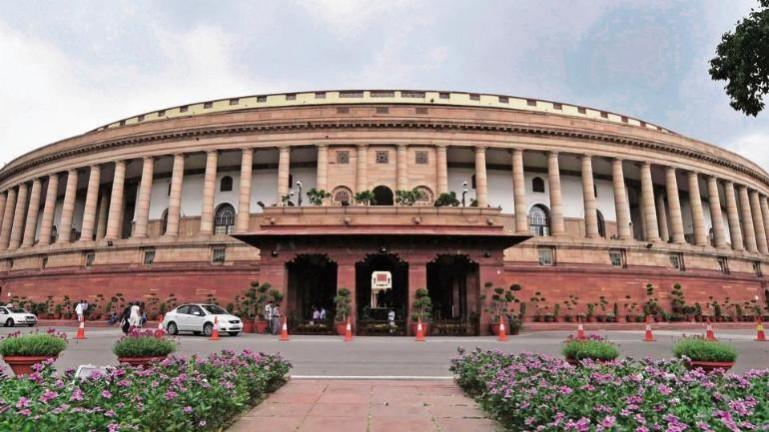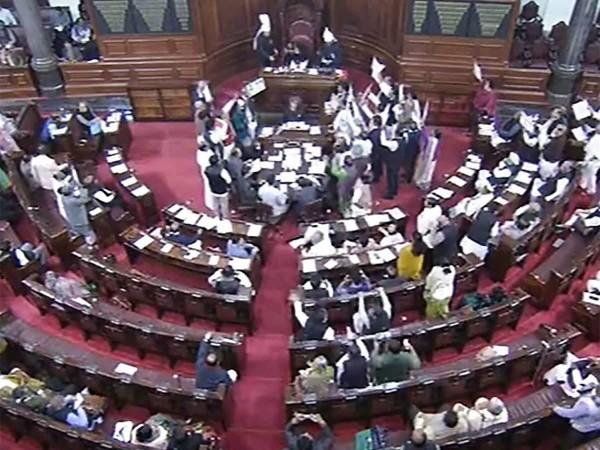In what comes as a great opportunity for the youth, an internship programme has opened at the Lok Sabha, allowing eligible candidates to study and understand procedural aspects of working of the Parliament. The last date to apply for the Lok Sabha Internship Programme is June 25 and the duration of the internship ranges from one month to a maximum of 11 months.
The internship, dubbed Lok Sabha Training Programme on Innovation, Research, and Development (LSTPIRD), will leverage the expertise of young talents based on their area of study and accelerate various ongoing programs and research in the Secretariat.

How to apply?
Interested candidates can apply by submitting their application to pride.internship@sansad.nic.in or send a hard copy to PRIDE, Room No. G-083, Ground Floor, PLB, New Delhi with all relevant Documents. Selected candidates will be intimated by email. No correspondence in this regard will be entertained.
Who can apply?
Indian citizens between 18 to 25 years of age with Graduation/Post graduation in any field, such as social science and environment, International Relations, Law, Journalism, Finance, Management, Languages, etc from recognised institutes in India or abroad can apply for LSTPIRD.
Applicants with work experience in any field viz., research, counseling, management, marketing, computers and related fields will be given preference.

Candidates pursuing professional courses and have passed first year of their 4/5 years professional course, may also apply for the Internship Programme.
Stidend details
The interns will be paid Rs 25,000 per month for the duration of their internship.
Roles and responsibilities
Interns are expected to enrich PRIDE (Parliamentary Research and Training Institute for Demicracies) using latest technology. Check out the responsibilities of interns once selected for LSTPIRD.
- Creating a strong data base of all academic papers related to legislation and development
- Develop Parliament related apps for increasing interface of Members of Parliament and their different data and work
- Provide high-quality research and preparing analysis briefs of different legislations
- Track important developments in important sectors and prepare notes for use by Members of Parliament, and write thematic briefs on important policy issues.















